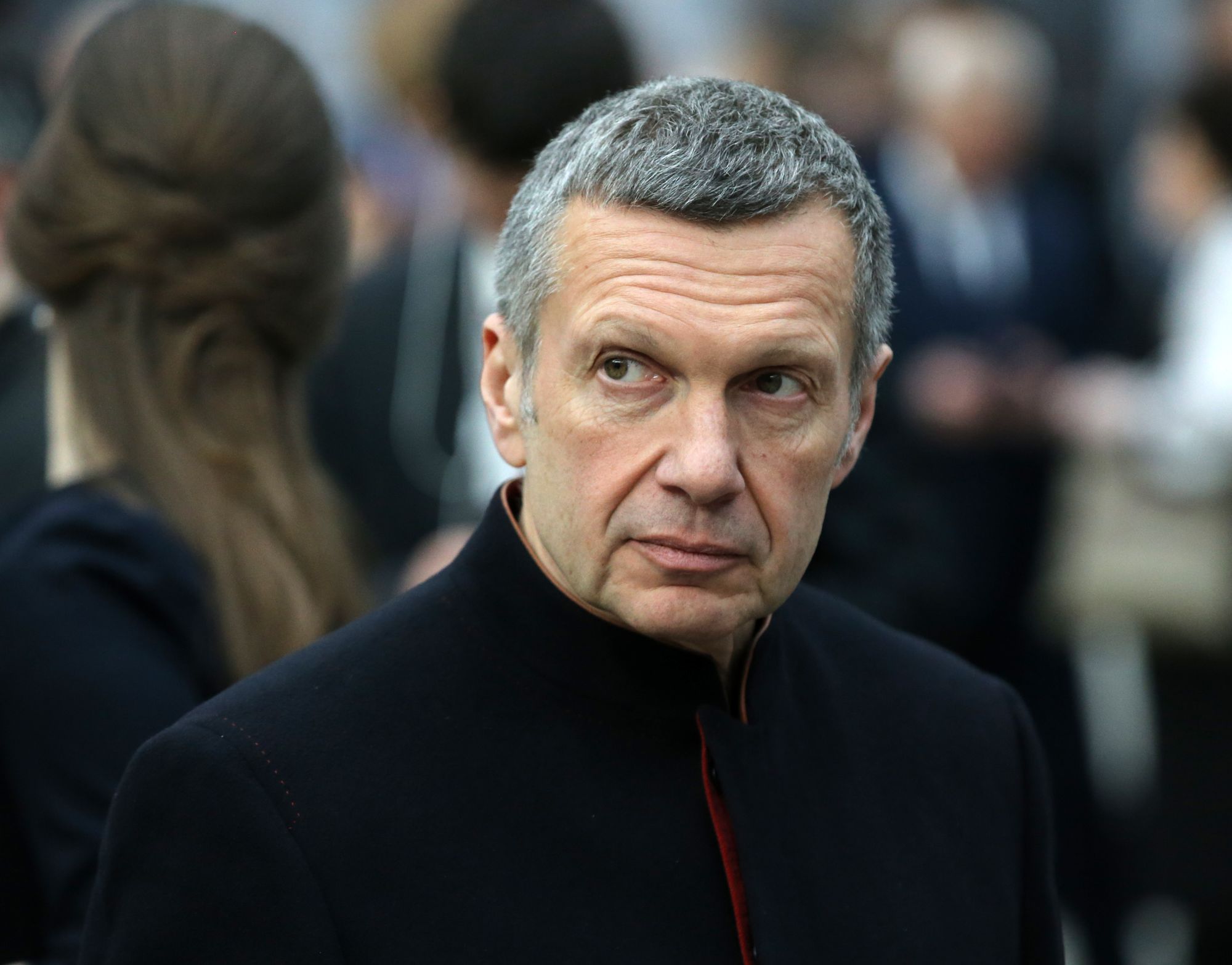Putin allows foreigners to apply for Russian temporary residence on 'moral grounds.'
Support independent journalism in Ukraine. Join us in this fight.
Become a member Support us just onceRussian President Vladimir Putin signed a decree on Aug.
19 allowing foreigners and stateless persons to apply for temporary residence in Russia on "moral grounds," according to the Russian state-controlled news agency TASS. This move follows Putin's decision in January to simplify the procedure for obtaining Russian citizenship for foreigners who sign a military service contract with the Russian Armed Forces or "separate military units." Under the new decree, applicants for temporary residence do not need to provide proof of Russian language skills, knowledge of Russian history, or understanding of Russian legislation.
The decree also removes restrictions based on state quotas for temporary residence permits. Applicants must reject their home country's policies that promote so-called "destructive neoliberal ideological attitudes" contrary to traditional Russian spiritual and moral values.
Sign up for our newsletter
WTF is wrong with Russia?
Sign up
The specific values are determined by each Russian oblast's policy, while the Russian government will identify the states whose policies are considered "destructive." As early as September, Russia's Foreign Ministry will start issuing three-month visas for applications based on "moral reasons."
In May 2022, Putin signed a decree simplifying Russian citizenship procedures for orphans from Ukraine who had been abducted from occupied territories. In July 2022, another decree made it easier for all Ukrainian residents to acquire Russian citizenship, a move condemned by Ukraine's Foreign Ministry. Putin also signed a similar decree regarding Belarus, Kazakhstan, and Moldova citizens in December 2023.
Who are the 5 Russian propagandists accused of hate crimes against Ukraine?
The five Russian propagandists in the report are Vladimir Solovyov, Margarita Simonyan, Dmitry Kiselyov, Dmitry Medvedev and Sergey Mardan.
